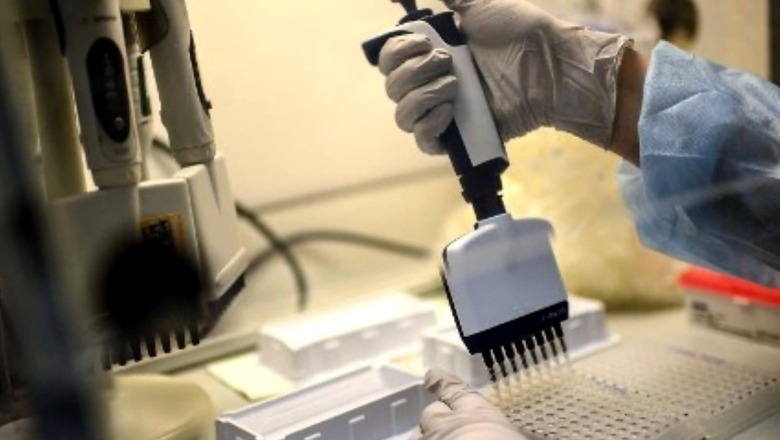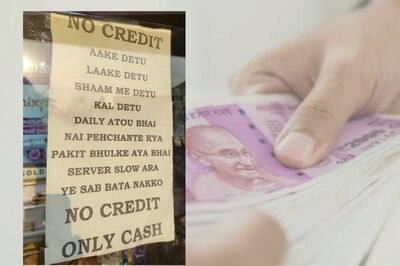
views
Omicron, the latest coronavirus variant fuelling the third wave of the pandemic in India, can be identified only through genome sequencing. But, as of now, genome sequencing results take anywhere between five and 12 days after samples are submitted. This has created uncertainty, confusion and stress among patients and doctors alike.
Initially, when Omicron infections were few, contacts of patients who tested positive and were hospitalised, could not go home even after testing Covid negative. This was because their sequencing report had not arrived as yet. It is a similar situation even now as cases are on the rise.
Epidemiologist and public health research specialist Dr Sunil Kumar DR explains the process of genome sequencing. He said understanding the process might help in knowing the cause behind a delay in reports.
“Firstly, it’s the number of samples that reach labs. Highly equipped labs capable of carrying out a genome sequencing will need at least 300 samples to begin the process. The cost per chip used in the process is Rs 2.5 lakh. If you are testing 10 samples or 300, the expense is the same. Hence, sequencing is not done until at least 100 to 300 samples are chosen.”
The ‘right’ sample
“The Covid swab samples that have a CT (cycle threshold) below 25 qualify for genome sequencing. Hence, every sample can’t be tested in this method. Many a times, samples aren’t stored appropriately, which further pushes them towards disqualification. Samples with lower CT is always more. In between, there is also a shortage of sequencing kits globally that hamper the speed,” he said.
More numbers, fewer resources
As of now, there are just two labs in Karnataka and around 10 in India that can conduct genome sequencing. Given that cases are soaring this is nowhere sufficient for a country with over 1.3 billion people. Karnataka labs also receive samples from neighbouring states of Andhra Pradesh, Tamil Nadu among others.
Also, Dr Sunil Kumar suggested that more such labs with genomic sequencing facility should be set up in the country. “They will definitely be useful even after Covid is long gone. Genome sequencing can be used to study the number of infections that escape vaccines, study immune escape mechanism, source of infection, reinfection and several other factors that play a key role in public health issues. It need not just be for variant detection. It can be a great help in epidemiological surveillance,” he added.
The cost
Currently, a person has to pay between Rs 10,000 and Rs 20,000 if they choose to undergo genome sequencing on their own. Any lab, to upgrade itself with necessary equipment for genome sequencing, will need around Rs 1.5 crore.
Read all the Latest India News here



















Comments
0 comment